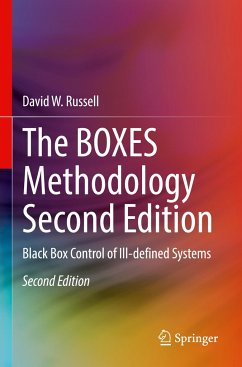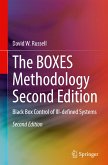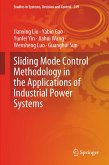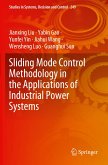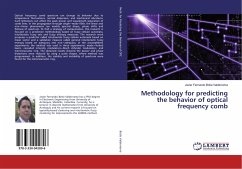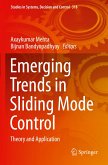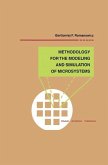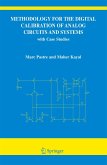This book focuses on how the BOXES Methodology, which is based on the work of Donald Michie, is applied to ill-defined real-time control systems with minimal a priori knowledge of the system. The method is applied to a variety of systems including the familiar pole and cart. This second edition includes a new section that covers some further observations and thoughts, problems, and evolutionary extensions that the reader will find useful in their own implementation of the method.
This second edition includes a new section on how to handle jittering about a system boundary which in turn causes replicated run times to become part of the learning mechanism. It also addresses the aging of data values using a forgetfulness factor that causes wrong values of merit to be calculated. Another question that is addressed is "Should a BOXES cell ever be considered fully trained and, if so, excluded from further dynamic updates". Finally, it expands on how system boundaries may beshifted using data from many runs using an evolutionary paradigm.
This second edition includes a new section on how to handle jittering about a system boundary which in turn causes replicated run times to become part of the learning mechanism. It also addresses the aging of data values using a forgetfulness factor that causes wrong values of merit to be calculated. Another question that is addressed is "Should a BOXES cell ever be considered fully trained and, if so, excluded from further dynamic updates". Finally, it expands on how system boundaries may beshifted using data from many runs using an evolutionary paradigm.

